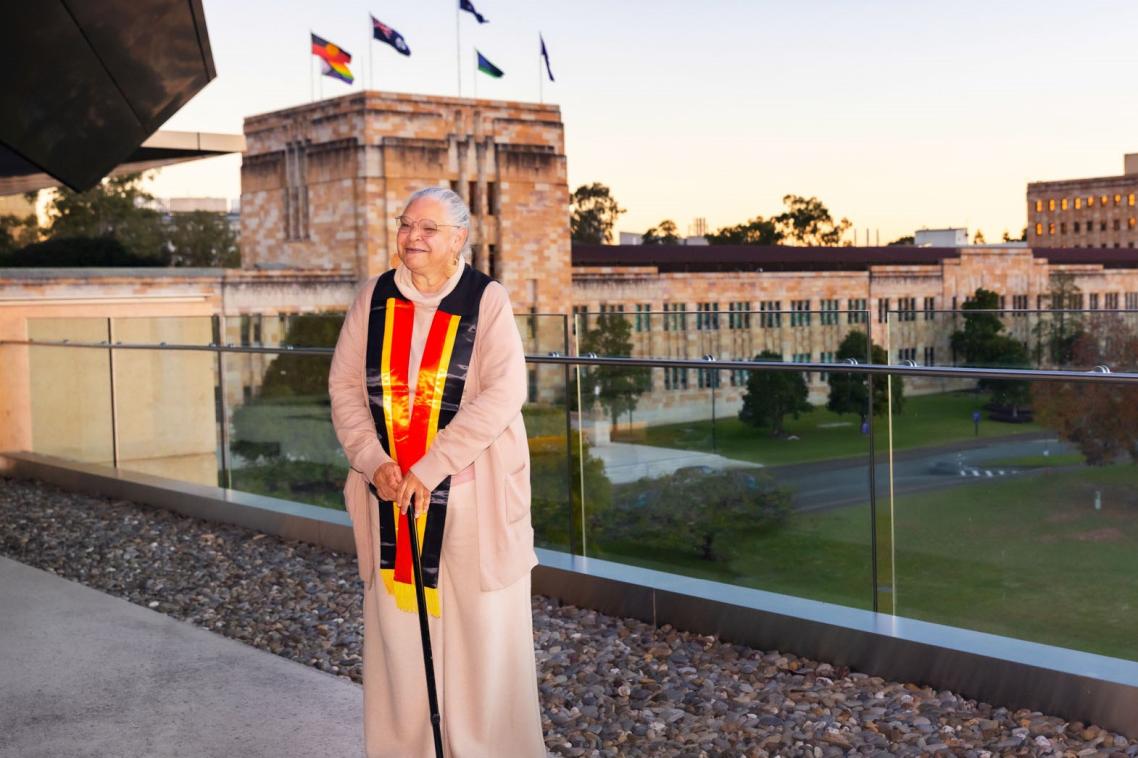Troubled teens and depressed kids: New European research shows how Qld parenting program can help
Two new European studies show how The University of Queensland’s Triple P – Positive Parenting Program can treat childhood depression and tame out-of-control teenagers.
The findings of the independent Belgian and Dutch research projects will be presented at Helping Families Change, an international parenting conference at the University of Queensland on Wednesday February 17 and Thursday February 18.
In the Belgian study, conducted at a youth mental health unit at the University of Antwerp, mothers who had a child receiving psychiatric care (for conditions including depression and anxiety) completed an eight-week Group Triple P program, in addition to their own regular therapeutic support and the child’s usual treatment.
Researchers Professor Dirk Deboutte and Dr Inge Glazemakers found that providing parenting support to the mothers significantly improved the emotional states of their children, when compared to children receiving only standard psychiatric care. Fifty percent of children were found to have improved conduct and emotional problems.
The Dutch research into teens was carried out by the Trimbos Institute, the Netherlands’ National Mental Health and Addiction Foundation. Group Teen Triple P was delivered to parents of teenagers considered “at risk” – i.e. with severe behavioural problems and in extreme conflict with their parents.
Trimbos Institute researcher Ferry Goossens found the parenting program reduced by almost 50 percent , the number of teens considered to have clinically recognised problems with conduct, peer relationships, emotions, pro-social behaviour and hyperactivity.
Professor Matt Sanders, Triple P founder and Director of the Parenting and Family Support Centre, University of Queensland, said the studies were the first to scientifically test Triple P’s impact on childhood mental illness and on teenagers at the extreme end of the behaviour spectrum.
“These results add to the growing body of evidence that shows Triple P works with a wide range of families, across cultures and settings and has far reaching positive effects.”
The Helping Families Change Conference brings together more than 180 experts, scholars, practitioners and government executives from countries including the US, Canada, the UK, the Netherlands, Belgium, Japan, Sweden, New Zealand and Australia.
The conference will be officially opened by the Minister for Child Safety, the Honourable Phil Reeves MP on Wednesday February 17 at 8.30am at the UQ Centre, University of Queensland.
Media: Further information or interviews: Lynnette Haas, Triple P International on 0423 808 004.
Topics
Related articles
“Art Museums are the site of public forum.” Meet UQ Art Museum's Director

Finding a “little language family”
Media contact
UQ Communications
communications@uq.edu.au
+61 429 056 139
